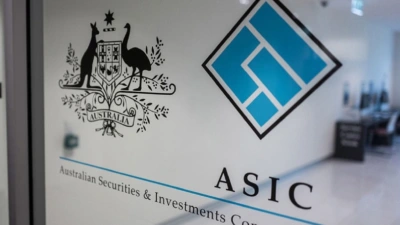Infrastructure set to boom
The infrastructure sector could double in size over the next three to five years, says Macquarie Equities infrastructure analyst Jon Fitch.
The infrastructure sector could double in size over the next three to five years, says Macquarie Equities infrastructure analyst Jon Fitch.
He believes that this could happen on the back of further privatisations and as already privatised assets list on the Australian Stock Exchange.
Fitch says the infrastructure sector currently makes up about 2 per cent of the All Or-dinaries Index and is capitalised at $9 billion.
It has already shown rapid growth since its start in late 1996, when it only had three listed stocks with a market capitalisation of $3 billion.
The sector has, however, not performed strongly over the past two years, largely be-cause of regulatory uncertainty and because of a weakness in AGL, which has weighed the sector down.
Many of the infrastructure stocks are currently paying good yields, ranging up to 11 per cent. But Fitch says: “This is a new sector which I believe is not widely under-stood yet.”
He says the sector offers a wide range of investment options including roads, rail, air-ports, seaports, electricity, telecommunications, water treatment, natural gas, hospitals and stadiums.
Among the companies listed in the sector are AGL, Hills Motorway, Infratil Austra-lia, Macquarie Infrastructure and Transurban.
Many of the assets they own are in differing stages of development - from greenfields operations which still have to be constructed to the more mature, which now earn steady revenues.
With these stages come different risk profiles, says Fitch, who warns that these assets have to be valued on long term cash flows.
Typically, the infrastructure assets were previously held in the public sector and are monopolistic in nature.
Companies, like toll roads, have highly predictable and stable income streams. Many also have fixed cost bases, so that any rise in income feeds straight through to the bottom line.
But, because a number are also servicing debt, it is important to understand debt costs of these assets, Fitch says.
Recommended for you
The FSCP has announced its latest verdict, suspending an adviser’s registration for failing to comply with his obligations when providing advice to three clients.
Having sold Madison to Infocus earlier this year, Clime has now set up a new financial advice licensee with eight advisers.
With licensees such as Insignia looking to AI for advice efficiencies, they are being urged to write clear AI policies as soon as possible to prevent a “Wild West” of providers being used by their practices.
Iress has revealed the number of clients per adviser that top advice firms serve, as well as how many client meetings they conduct each week.














